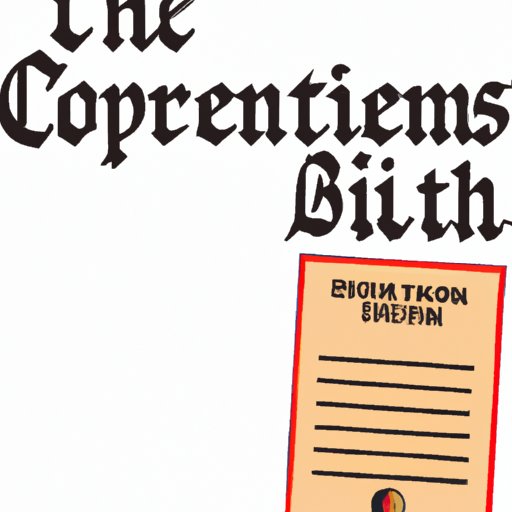The Ninth Amendment protects individual rights that are not explicitly stated in the Constitution. Its importance in protecting individual rights and democratic practices cannot be overstated. Understanding the historical context and legal interpretation of the Ninth Amendment is essential to maintaining our society’s commitment to individual freedom and liberty.
The Ninth Amendment: Protecting Individual Rights in the United States Constitution
The Ninth Amendment of the United States Constitution protects civil liberties not clearly outlined in the Bill of Rights and ensures that the Constitution is living, breathing legislation that will adapt and evolve with American society. This article provides a brief overview of the historical context of the amendment’s creation, its role in the Constitution, clarification on disagreements surrounding specific issues, and the amendment’s impact on American governance.
Exploring the Weaknesses of the Articles of Confederation: Lessons from America’s First Attempt at Governance
This article explores the key weaknesses of the Articles of Confederation and how they led to America’s first attempt at governance. Through a historical analysis of its flaws, we draw lessons on the importance of balancing power between central and state governments and recognizing the societal and economic effects of inadequate governance.
The Most Important Amendment: A Comprehensive Analysis
Which amendment in the Bill of Rights is the most important? This article explores each amendment, analyzes their historical and modern relevance, compares and contrasts their strengths and weaknesses, and delves into public opinion and philosophical perspectives to determine the most critical amendment in America.



